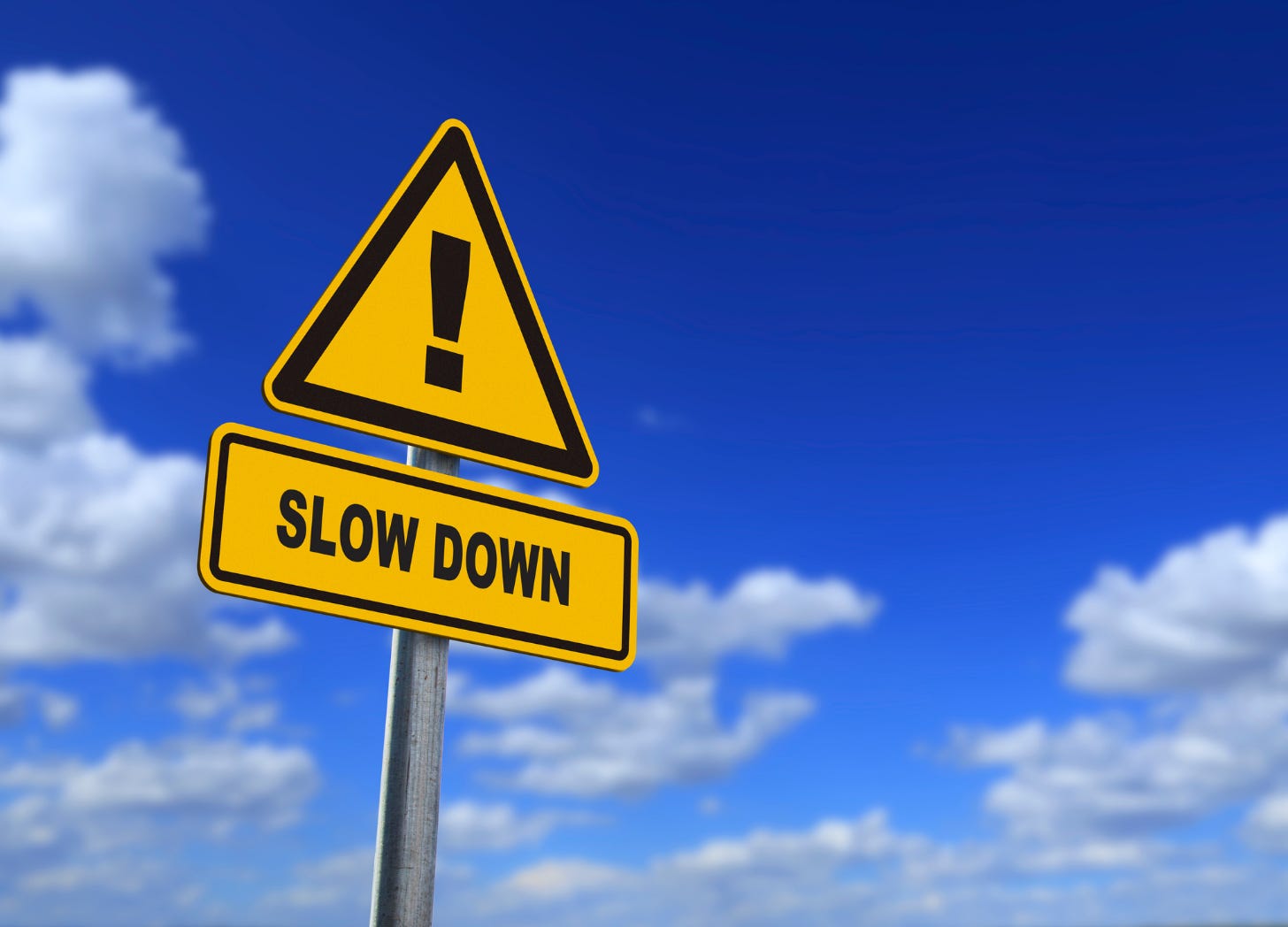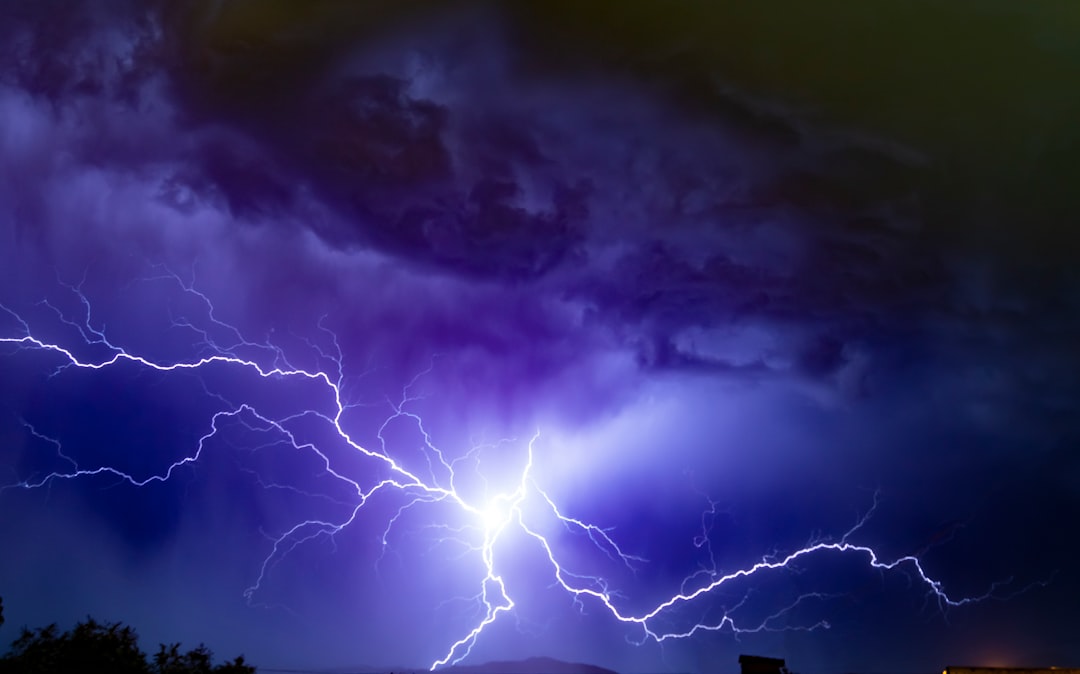From time to time I’ll share some of the post recovery tips I use in my daily life. I’m often asked what life after an anxiety disorder looks like, so I’m happy to share some of that with you here.
One of the great lessons I learned in my recovery is that speed is an almost automatic response to anxiety, fear, and stress. As soon as I had an anxious thought or experienced a sensation in my body that scared me, I would start walking faster, talking faster, breathing faster, and generally acting like I had just been shot out of a canon.
Once I noticed this, I started to work on intentionally slowing down when I felt anxious. It took all kinds of work and lots of practice to break my speed habit. But over time, I did train myself to slow down when that wave of fear hit me. I would intentionally slow my breathing and move myself through space at what sometimes felt like a snail’s pace. It wasn’t, but it did feel that way to my anxious brain.
This worked quite well for me.
☕️ ☕️ ☕️
Learning to slow down when I was anxious, afraid, or even in a panic, became a key component in my new default response to anxiety and panic. When I went slower, I told my amygdala that everything was OK. Over time, it started to get the message. Slowing down helped turn giant panic attacks into smaller panic attacks. It helped turn long periods of intense anxiety into shorter periods of more tolerable anxiety. Slowing down was a good idea.
☕️ ☕️ ☕️
To this day, I use this tool all the time. Training myself to slow down carried over long past recovery. I am a human being. This means that I experience stress from time to time. Life is difficult, life is not always fair, and life will piss you off randomly. Stress happens. As a recovered anxious person, anxiety or even irrational fear can happen too sometimes.
So what do I do now in those situations? The first thing I do is slow down. I catch myself rushing around, take a quick pause, and slow everything to a bit of a crawl for a few seconds or a minute or so. This helps me to disengage from my reaction, put some space between me and my thoughts and sensations, and re-focus on a healthier and more productive response to what is going on at the moment. The specifics of that more productive response will vary depending on context but the most important thing is that I do not wind up swept up and carried way by pressure, stress, anxiety, or even panic when it happens now and then. I am WAY better at managing stress because I taught myself how to slow down instead of automatically rushing around.
Slowing down isn’t the whole story when it comes to responding to the demand of life at this point, but it is a pretty important part of the story. Knowing how and when to slow down also helps when it’s time to relax and enjoy life moment by moment. So one of the answers to the question, “What does my life look like after recovery?” is that it looks slower. Not all the time, but certainly when appropriate.
☕️ ☕️ ☕️
Learn to slow down. It will matter in recovery, and it will be helpful long after you’ve stopped needing to read these emails.
☕️ ☕️ ☕️
I feel so strongly about this idea that I even wrote a book about it! You can check out my book - Seven Percent Slower - on my website. All the ways to get it are listed there.
Tomorrow I’ll ask you to think about what your anxiety and recovery support system looks like.
One of the books I’m almost always reading in one way or the other, is Meditations, by Marcus Aurelius. This book is amazing not only because it embodies so many principles of Roman Stoicism, but also because when the last of the good emperors wrote it, he was not writing a book at all! He was simply writing for himself as a way to deal with some of his struggles in life. Here we are over 2000 years later, still reading his words and learning from them, hopefully like Marcus did when he wrote them.
Every Tuesday I’ll let you know what I’m currently reading. I read quite a bit on psychology and philosophy, but really you never know what I’ll have in my Kindle or Audible libraries! If you’re on Goodreads and into books, you can follow/friend me over there. Here’s a link to my “currently reading” shelf. I’d love to see what you’re reading and what you recommend.















Share this post